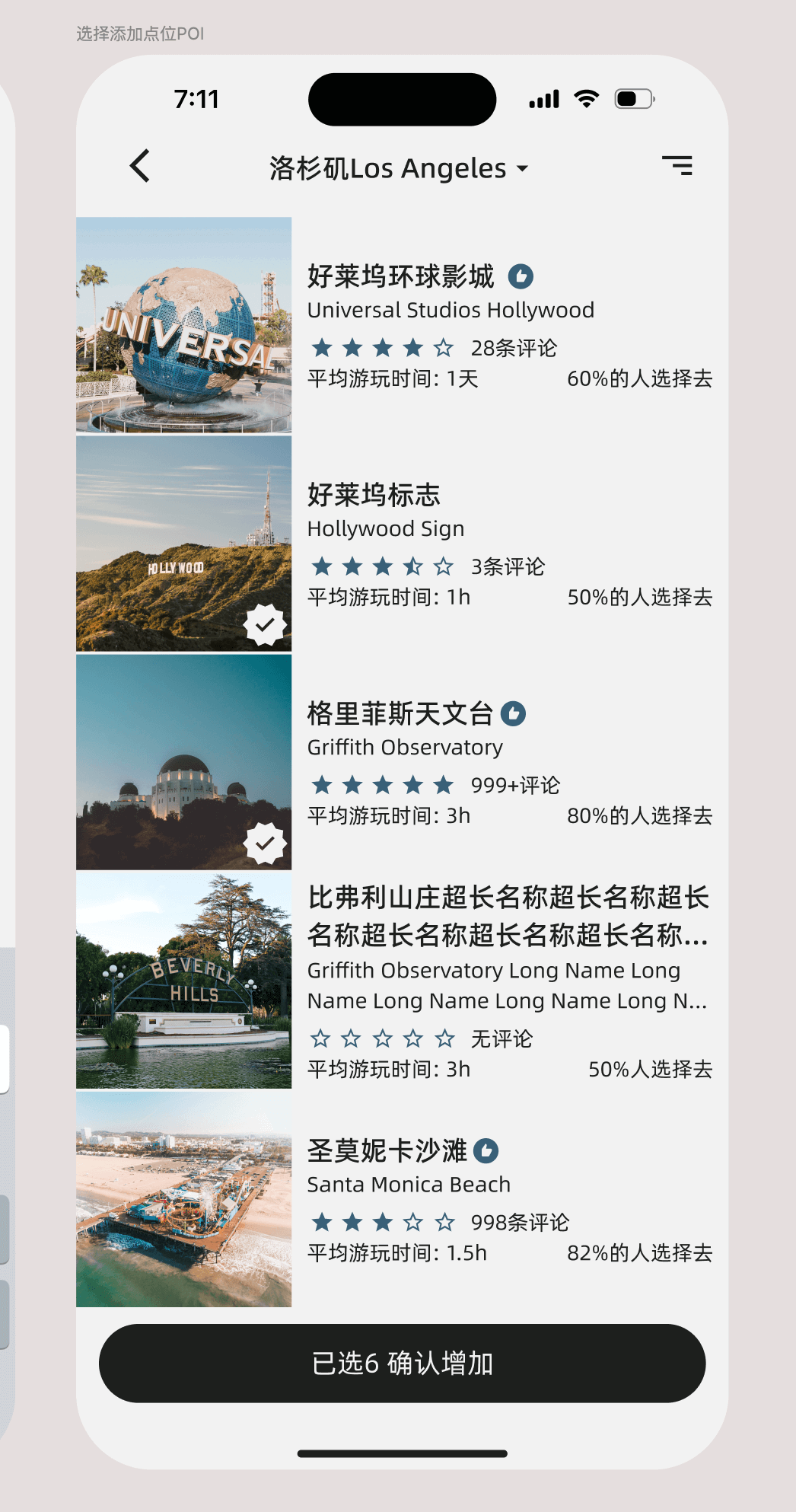[Iter-X] 34/100days
Day3️⃣4️⃣

A friend sent me a smart planning feature from Gaode. You input “3-day trip to Hangzhou,” and it starts planning. It even outputs the reasoning process of the model. I suddenly felt a bit absurd – the user just entered these five words, and AI is already thinking? It feels almost magical. It doesn’t even ask for user preferences. Is this kind of forced reasoning really thinking? I feel like many product teams today are missing the point. It’s like the famous story of Steve Jobs talking to his engineers. Today, many teams make the same mistake: they prioritize technology over product. Essentially, it’s “AI first.” In reality, we should start from the user. Only then should we think about whether this technology is needed, where it’s needed, to what extent, and what it can achieve. This is the logical direction to consider. Of course, I understand that FOMO, KPIs, and other pressures can lead to this approach, but just because it’s “necessary” doesn’t mean it’s the right approach.
I even think we should let AI have a certain attitude. For instance, if you provide too little information, we shouldn’t recommend anything. Because it’s easy to recommend incorrectly, and the outcome could be: 1) The user feels like it doesn’t work and quits. 2) The user manually deletes the recommendation. 3) Or the user keeps asking AI to optimize it. Essentially, we’re wasting computational power, which equals burning money to satisfy unclear needs, guessing user preferences in a labor-intensive way, which is not productive.
If we must force AI to recommend based on such limited information, that’s fine. We can go with a safer, more generic approach. This can meet the needs of the majority of users, especially those visiting a place for the first time. The chances are they will want to see the more famous attractions.
Another point is that recommendations need to be justified. The reason for recommending a specific POI should be clear to the user because users have the final decision. For example, when browsing travel spots on platforms like Xiaohongshu or social media, you don’t visit all the top 10 places. You will only go to those that interest you. The key is understanding why something interests you.
I still think we need to return to the original goal: start with a useful itinerary planner, then make it smarter. Many products today only focus on a direction or a few points, but what users expect is a complete product. We want to deliver this complete product. Now, I actually feel happier and lighter because the real concern for me was the financial pressure AI would bring. If we can get our approach right, maybe we don’t need such high upfront costs to validate whether the market believes in our vision.
Current status summary:
- Prototype & UI/UX design: 29%
- Backend (Go) development: 30%
- Frontend (Flutter) progress: 8%
- Data: 8%
If you meet the following criteria, feel free to reach out (we need a UI design partner👾):
- Persistence
- Ambition
- Interest
Enjoy Reading This Article?
Here are some more articles you might like to read next: